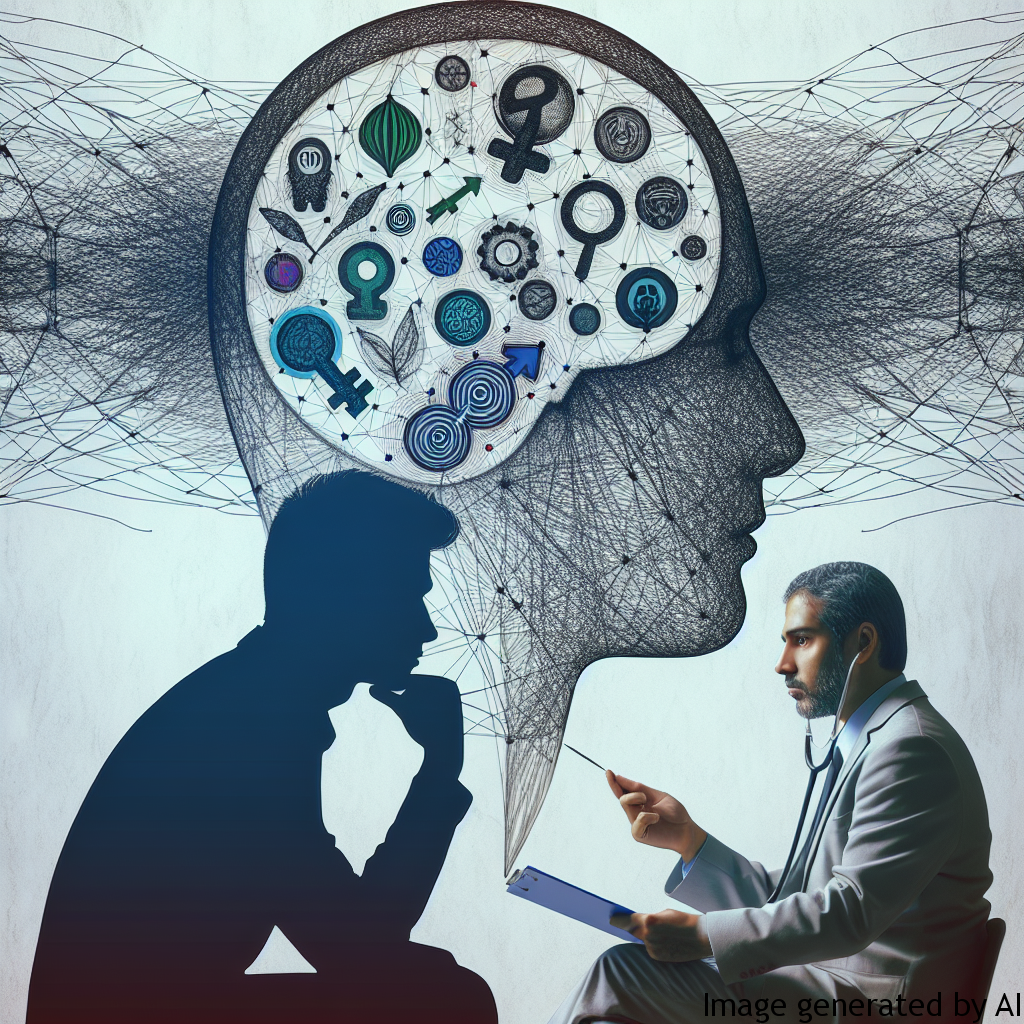Introduction
Male gender identity and its impact on mental health is a significant topic in the scope of modern psychology. The pressure of societal expectations and gender-specific roles often leads to an array of mental health issues among men, including stress, anxiety, depression, and even suicidal tendencies. This article aims to explore the impact of male gender identity on men’s mental health, understanding gender expectations and their effects, and how to improve mental health considering gender roles.
Gender Expectations and Their Influence on Men’s Mental Health
Gender roles and expectations are societal norms dictating the types of behaviors considered acceptable, appropriate, or desirable for individuals based on their perceived sex or sexuality. For men, these are mostly linked to notions of strength, stoicism, dominance, and control.
The masculinity paradox
Adherence to traditional masculinity norms can be detrimental to men’s mental health. This is often referred to as the “masculinity paradox.” Men are expected to be emotionally unresponsive, self-reliant, and tough. This expectation leads to suppressed emotions, making it difficult for them to seek help effectively, which in turn enhances the risk of mental health issues.
On Self-Evaluation
Additionally, societal pressure to fulfill these norms can disrupt the formation of self-identity, leading to low self-esteem, frustration, and often identity crises. This constant evaluation and comparison with societal norms leave men feeling inadequate and insufficient, leading to stress and depression.
Examples of How Gender Roles Can Impact Men’s Lives
Studies find that men who feel compelled to live up to traditional roles report worse mental health and less frequent help-seeking behavior. Here are some examples:
- Men are often expected to be the primary wage earners in their families, leading to excessive stress, workaholism, and limited family interactions.
- Men are less likely to seek help for mental health issues because it is often perceived as a sign of weakness contradicting the societal expectation of toughness.
- Men may engage in risky behaviors to prove their “manliness”, leading to damage to both physical and mental health.
Advice for Enhancing Psychological Health in Light of Gender Roles
Addressing the influence of gender identities on men’s mental health requires efforts on both individual and societal levels. Here are some recommendations:
- Encouraging self-expression: Men should be encouraged to express their emotions openly, and society should foster environments where such expressions are accepted.
- Seeking professional help: There needs to be a societal shift in the perception of mental health support as a positive and crucial aspect of overall health.
- Early education: Educating young boys about mental health, emotions, and the need for self-care is vital. Teaching them that vulnerability is not a sign of weakness, but part of human nature.
Conclusion
Male gender identity can significantly impact men’s mental health due to societal pressures and expectations. By understanding these dynamics, we can work towards promoting acceptance of emotional expression among men, less restrictive stereotypes around masculinity, and ultimately, a more positive mental health environment.

